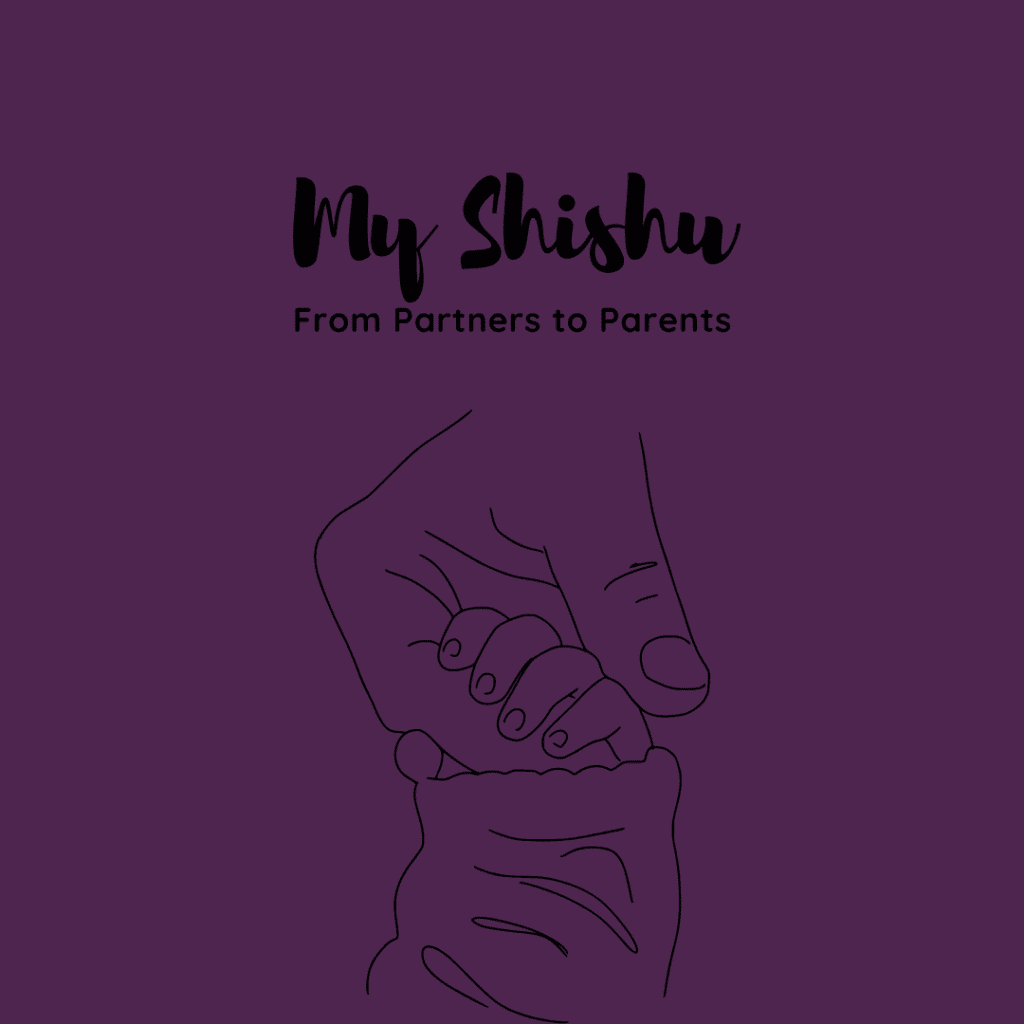Contraception methods
Welcome back to MyShishu, your trusted companion in the parenting journey. Today in this blog, “Contraception methods” we delve into a crucial aspect of family planning—contraception methods. As parents, making informed choices about contraception is key to shaping the future of your family. Let’s explore the diverse landscape of contraceptive options and understand how they play a pivotal role in family planning.
Table of Contents
- Contraception methods Unveiled: Ensuring Informed Family Planning
- The Effectiveness of Contraception Methods: A Brief Overview
- Exploring Contraception methods: A Comprehensive Breakdown
- Choosing the Right Contraception: Factors to Consider
- Conclusion: Empowering Parents Through Informed Choices
Contraception methods Unveiled: Ensuring Informed Family Planning

Understanding Contraception methods: A Vital Element in Family Planning
Contraception is a series of intentional steps taken to prevent pregnancy during sexual activity. With a plethora of options available, it empowers individuals and couples to decide when and how to expand their families. At MyShishu, we believe that understanding these methods is crucial for every parent.
The Effectiveness of Contraception Methods: A Brief Overview
Evaluating Contraceptive Effectiveness
While all methods listed are effective, it’s vital to note that no method is 100% reliable. The effectiveness is often expressed as percentages, showcasing the likelihood of pregnancy per 100 or 1,000 women. For instance, the contraceptive injection boasts over 99% effectiveness, translating to fewer than 1 in 100 women facing pregnancy annually.
User-Dependent vs. Non-User-Dependent Methods
Some methods, like the combined oral contraceptive pill, rely on user consistency for optimal efficacy. Missing a pill can decrease its effectiveness. On the other hand, non-user-dependent methods such as contraceptive injections and implants offer reliable options that don’t rely on daily actions.
Exploring Contraception methods: A Comprehensive Breakdown
1. Hormone Pills, Patches, and Rings:
- Combined Oral Contraceptive Pill (COC): Highly effective, reducing the chance of certain cancers and offering reversible benefits.
- Progestogen-Only Pill (POP): A safer option for specific conditions, though requiring precise timing.
- Contraceptive Patch: Convenient and effective, providing continuous hormone delivery through a discreet patch.
- Contraceptive Vaginal Ring: A flexible, easy-to-use option with regular period cycles.
2. Barrier Methods:
- Male and Female Condoms: Widely available, offering protection against sexually transmitted infections.
- Diaphragms and Caps: Non-invasive but requiring careful use and occasional fitting.
3. Long-Acting Reversible Contraceptives (LARCs):
- Contraceptive Injections: Highly effective with extended effectiveness and minimal interference with daily life.
- Contraceptive Implants: Involves a minor operation but provides long-lasting, reversible benefits.
- Intrauterine Contraceptive Device (IUCD): Lasts for years, highly effective, with minimal hormonal impact.
- Intrauterine System (IUS): Releases progestogen, effective, and suitable for managing heavy periods.
4. Natural Methods:
- Fertility Awareness: Variable effectiveness, requiring commitment and regular fertility checks.
- Lactational Amenorrhoea Method (LAM): Suitable for breastfeeding women, providing a natural approach.
5. Sterilisation:
- Male Sterilisation (Vasectomy): Irreversible but effective after a specific period.
- Female Sterilisation: Involves an operation, providing a permanent solution.
6. Emergency Contraception:
- Options: A pill or intrauterine device for unforeseen circumstances or contraceptive mistakes.
Choosing the Right Contraception: Factors to Consider
Considerations for Choosing Contraception:
When selecting a method, factors such as effectiveness, possible risks, future pregnancy plans, personal preferences, existing medical conditions, and medication interactions should be taken into account. MyShishu encourages parents to make informed decisions aligned with their unique circumstances.
Conclusion: Empowering Parents Through Informed Choices
In conclusion, contraception methods are invaluable tools for parents navigating the intricate path of family planning. MyShishu is committed to providing comprehensive guidance, ensuring that parents are well-equipped to make informed choices. Remember, every family is unique, and the right contraceptive method is a personal decision that aligns with your journey through parenthood.
Quiz Time: Test Your Knowledge on Family Planning!
Question 1: What does the effectiveness percentage of a contraceptive method indicate?
- A) Likelihood of side effects
- B) Likelihood of pregnancy per 100 or 1,000 women
- C) Duration of effectiveness
Question 2: Which method is considered non-user-dependent?
- A) Contraceptive Injections
- B) Combined Oral Contraceptive Pill
- C) Condoms
Question 3: What is a key factor to consider when choosing a contraception method?
- A) Effectiveness only
- B) Personal preferences, medical conditions, and future pregnancy plans
- C) Cost alone
Answers: 1-B, 2-A, 3-B
Celebrate each step of your child’s journey and remember that parenting is an ever-evolving adventure. Stay tuned for more insightful blogs from MyShishu!
Explore our range of courses on new-age parenting at New-Age Parenting | Modern Parenting Styles | MYSHISHU.
For additional parenting insights and valuable information, check out our blog “Cry, Feeding and Weaning of Newborn Baby” at Cry, Feeding and Weaning of Newborn Baby – My Shishu.
Hope you’ve enjoyed the blog “Contraception methods”. Happy Parenting!











